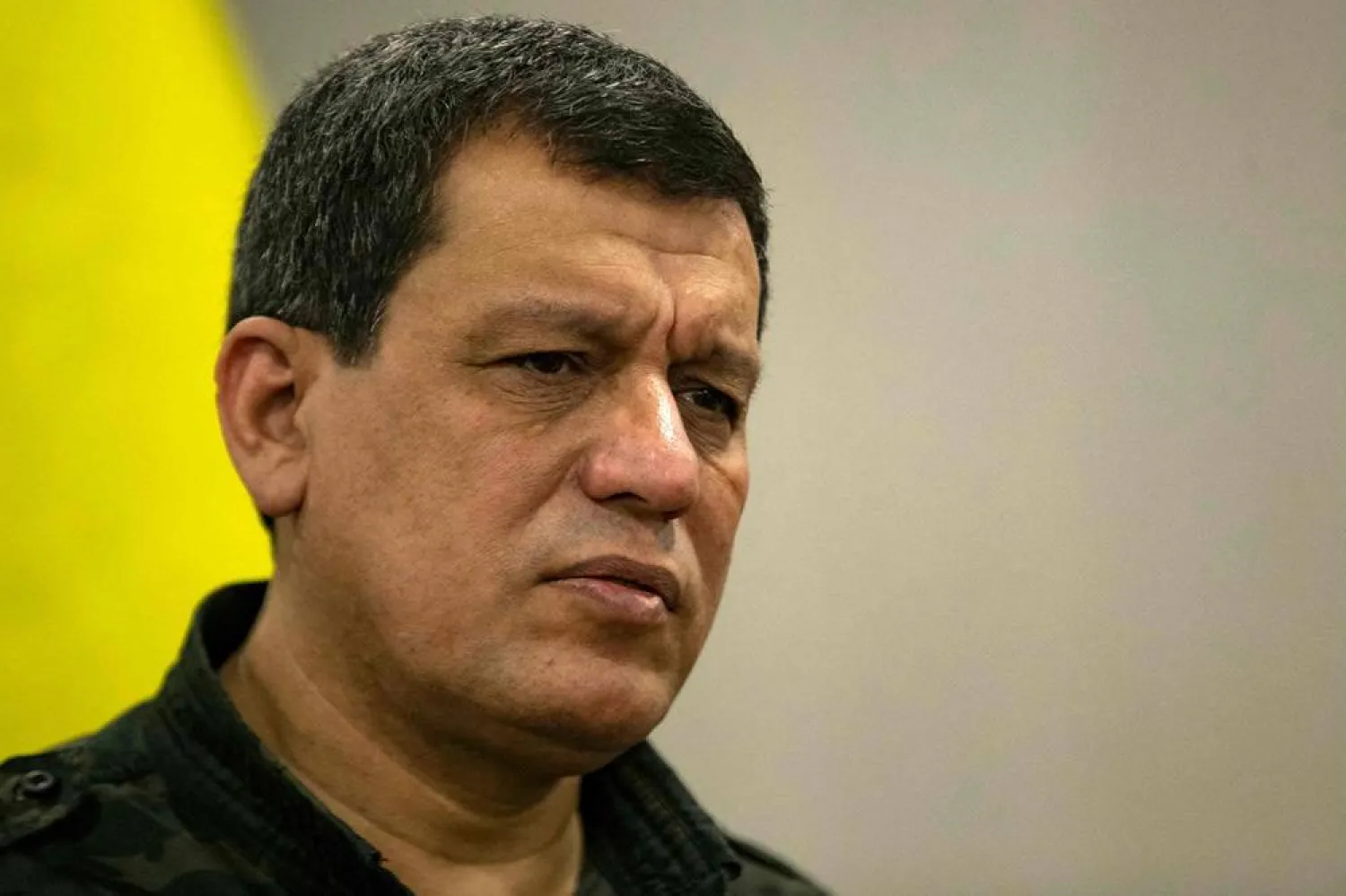The commander of a Kurdish-led force in Syria denied links to a deadly attack near Ankara claimed by Kurdish PKK militants, after Turkish strikes on Kurd-held Syria killed more than a dozen people in retaliation.
Türkiye carried out air strikes against targets linked to Kurdish militants in Iraq and Syria after Wednesday's shooting and suicide attack that killed five people at a defense firm near the Turkish capital.
Turkish President Recep Tayyip Erdogan said the attackers infiltrated from neighboring Syria, vowing there would be no let-up in the fight against Kurdish fighters.
"We opened an internal investigation and I can confirm that none of the attackers entered Türkiye from Syrian territory," Mazloum Abdi, the head of the Syrian Democratic Forces (SDF) told AFP.
The SDF is a US-backed force that spearheaded fighting against the ISIS group in its last Syria strongholds before its territorial defeat in 2019.
It is dominated by the Kurdish People's Protection Units (YPG), viewed by Ankara as an offshoot of the outlawed Kurdistan Workers' Party (PKK) which claimed the attack on Ankara.
"We have no connection to this attack that took place in Ankara," Abdi said late Saturday from Hasakeh, a major city run by the semi-autonomous Kurdish administration in northeast Syria.
"Our battlefields are inside Syrian territory," he added.
Turkish strikes on Kurd-held Syria since Wednesday have killed 15 civilians and two fighters, according to Abdi.
The Syrian Observatory for Human Rights, a Britain-based war monitor, said Türkiye has launched more than 100 strikes, most of them using drones, since Wednesday.
It said civilian infrastructure including bakeries, grain silos and power stations were hit alongside military facilities and checkpoints used by Kurdish forces.
"It seems that (Türkiye’s) goal is not just to respond to the events that took place in Ankara, but also to target institutions and sources of livelihood for the population," said Abdi.
"The main goal is to weaken and eliminate the (semi) autonomous administration, forcing the population to migrate," he said.
- 'Weak' US response -
Abdi said he was open to dialogue to de-escalate tensions but demanded an end to Türkiye’s attacks which he said are "ongoing" and suggest a potentially wider operation.
"We are ready to resolve issues with Türkiye through dialogue, but not under the pressure of attacks, so these operations must be stopped for dialogue efforts to continue," Abdi said.
Turkish troops and allied opposition factions control swaths of northern Syria following successive cross-border offensives since 2016, most of them targeting the SDF.
"The Turkish state is taking advantage of the current events in the Middle East, as attention is directed towards Gaza, Lebanon and the Israeli attack on Iran" to launch new attacks on Syria, Abdi said.
Abdi criticized his US allies for not protecting Kurdish forces, saying the position of the US-led coalition "seems weak".
The United States has about 900 troops in Syria as part of an anti-ISIS coalition.
"Their response is not at the level required to stop the attacks, and pressure must be put on Türkiye," he added, saying the strikes on Syria "not only concern us but also affect their forces."
The US presidential election on November 5 could also weaken support for the SDF if Donald Trump is elected, according to Abdi.
In 2019, Trump announced a decision to withdraw thousands of US troops from Kurdish-held Syria, paving the way for Türkiye to launch an invasion there that same year.
"In 2019, we had an unsuccessful experience with the administration of US President Trump," said the SDF commander.
"But we are confident that the United States... makes its decisions based on" strategic interests in the region.









